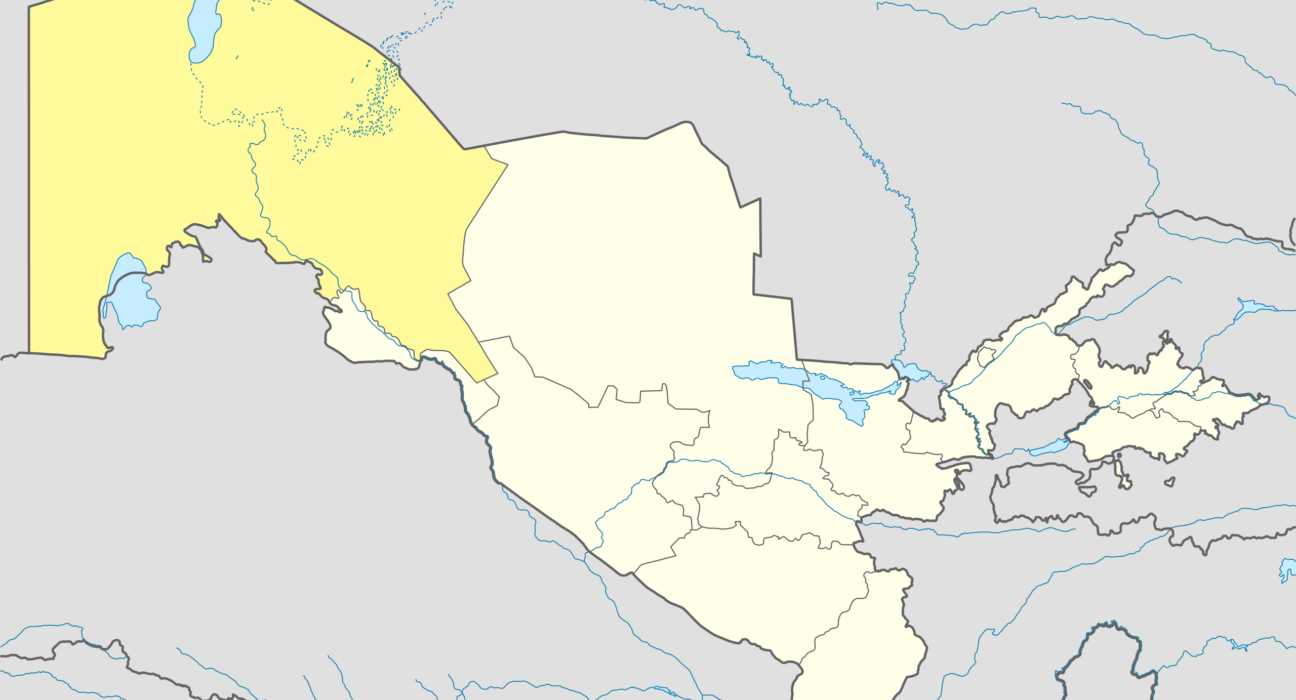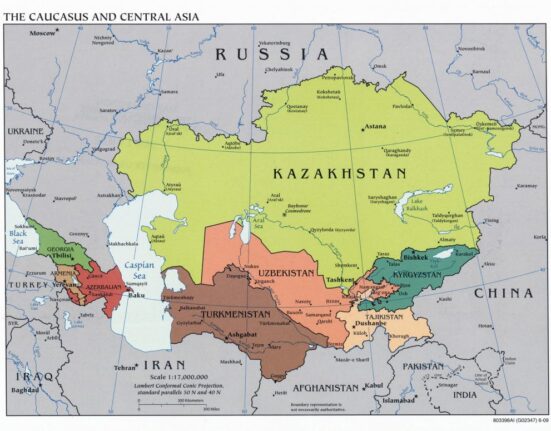On September 15-16, the United Nations Development Programme (UNDP) organized a two-day event in Nukus, Karakalpakstan, bringing together leading scientists and practitioners from Uzbekistan and Russia to exchange expertise in climate-adaptive agriculture. The initiative aims to strengthen bilateral cooperation and enhance agricultural resilience in the face of increasing water scarcity, UNDP Uzbekistan reported.
The event attracted representatives from key scientific institutions from both countries. These included the Karakalpak Scientific Production Association of Grain and Rice, the Agricultural Research Institute of Karakalpakstan, the Rice Research Institute of Uzbekistan, the Plant Genetic Resources Research Institute of Uzbekistan, and the Donskoy Agricultural Scientific Center. Russian participation featured experts from the All-Russian Research Institute of Oil Crops (VNIIMK), the Federal Scientific Center of Agroecology, the Caspian Agrarian Federal Scientific Center, and Lomonosov Moscow State University.
Participants explored Russia’s advanced agricultural technologies and discussed prospects for implementing drought-resistant and resource-efficient crop varieties in Karakalpakstan’s challenging environment. The event focused on comprehensive strategies for addressing arid farming challenges through innovative agricultural technologies. Participants paid particular attention to low-water-consuming rice varieties that can thrive in the Aral Sea region’s harsh environment. Russian specialists presented valuable insights from growing upland rice in Russia’s Rostov region under water-limited scenarios—experience that directly applies to Karakalpakstan’s agricultural challenges.
“Karakalpakstan faces some of the most severe climate challenges on the planet, with shrinking water resources and soil salinization creating unprecedented difficulties for farmers,” said Dusenbay Utambetov, Director of the Scientific Production Association of Grain and Rice. “However, these challenges also create opportunities for innovation and adopting global best practices. Our collaboration with Russian scientific centers will help us adapt advanced breeding technologies to local realities and develop sustainable solutions that benefit not just our republic, but the entire region.”
This collaboration comes at a critical time. Located in the lower reaches of the Amu Darya River, Karakalpakstan exemplifies the climate pressures facing arid regions worldwide. Soil salinization affects 95% of the region’s farmland, while severe water shortages demand a complete transformation of traditional farming methods.
Introducing drought-resistant crops represents a key adaptation strategy. UNDP is already implementing this approach through its project “Enhancing the resilience of local population and promoting green, inclusive development of the most vulnerable communities in the Aral Sea region,” funded by the Government of the Russian Federation. The project includes practical trials of upland rice varieties that show remarkable water-saving potential. The results are impressive: while traditional rice farming requires 30,000 to 40,000 cubic meters of water per hectare, upland rice needs only about 10,000 cubic meters—a 60% reduction in water consumption. During the field seminar, participants visited demonstration plots where these experimental crops are currently flowering and showing promising adaptation to local environmental stresses.




